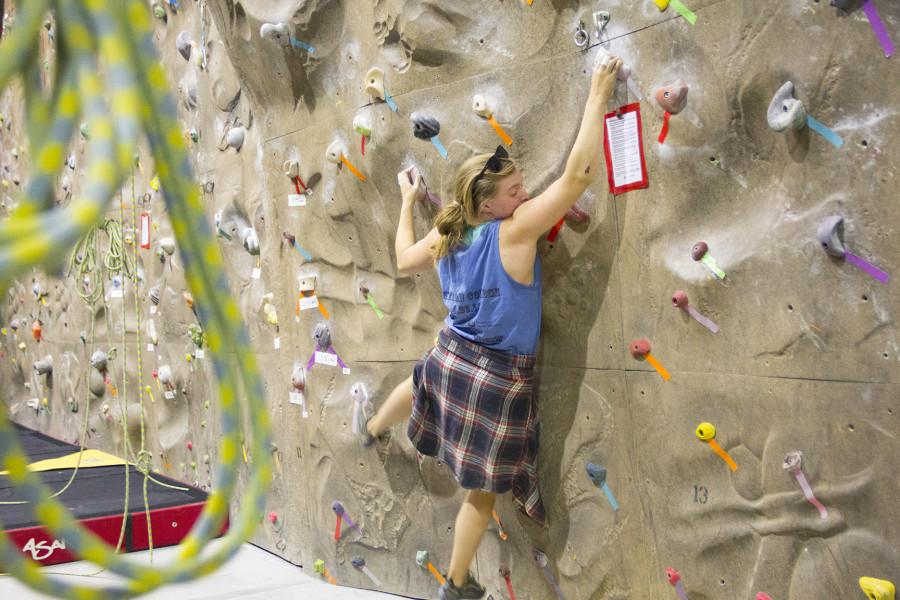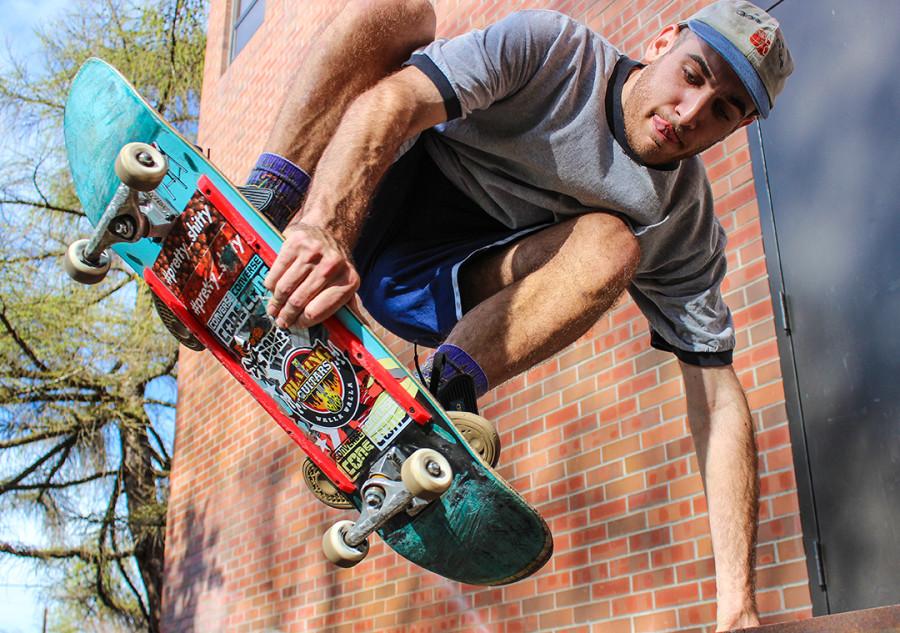It would be hard to find a student on campus who would disagree that the two-story, 30,000 square-foot Baker Ferguson Fitness center is accessible. With eight treadmills and 12 ellipticals, there is seemingly no excuse to avoid burning off those five excellent Bon Appétit brownies you just had. However, some Whitties have been more inclined to find their outlet for exercise off campus. They travel to a place that requires a bit more booty-shaking and shimmying than would normally be seen at BFFC. They go to Jazzercise classes at studios in town.
“It’s a really affordable option,” first-year Gilly Friedman said. “They [the Jazzercise studio] are clearly running a really great business because the cost and times are really not prohibitive at all.”
Jazzercise is but one of many options available to both Whitman students and the Walla Walla community, and one of the many recent exercise-oriented business that have recently opened downtown. And students are going for it.
The low cost and varied times are not the only reasons that students have decided to exercise off campus. Whitman students who participate believe that the atmosphere of Jazzercise holds a therapeutic quality that cannot be found by simply running on a treadmill or lifting weights.
“What I really like about dance [Jazzercise] is that it’s completely consuming of your mind,” Friedman said. “It’s a completely different skill than reading for a class, so it gives your mind a really productive break.”
This feeling is also shared by other Whitman students who enjoy Jazzercise. The environment created in a class by a diverse group of people is more motivational for some students.
“I just don’t have the discipline to just go to the gym and run on a treadmill by myself,” said first-year Anya Tudisco, a recent Jazzercise attendee. “I have to be having fun if I’m going to exercise.”
Jazzercise as a mode of exercise provides a mixture of aerobic fitness along with jazz or Latin dance moves. Jazzercise, which features old and new pop music (ranging from Madonna to Lady Gaga), incorporates a mix of weightlifting with jazz dance moves. Through this method, the participant is able to focus on and tone certain muscles of the body. This is very similar to Zumba, perhaps a more familiar name, in that it incorporates many Latin dance moves along with popular and Latin music. This dance is more focused on cardio and full body muscle development.
“You’re going to look funny, but that’s just part of the experience,” Friedman said.
Taking dance-oriented exercise classes can give a complete workout in that many muscles in the body are being used while doing the exercise. Dancing in these ways, some would argue, works muscles that would otherwise be ignored when working out at a gym.
“I can go for an hour and a half and get a full body workout and it is more fun,” Friedman said.
While these classes are affordable and relatively close, the question remains as to why Whitman has not set up classes on campus. Classes offered for credit at Whitman include yoga, pilates and step classes, but some believe that these classes lack the flexibility that noncredit courses would offer students.
“A thing about the classes for credit is that you have to show up, whereas with somewhere off campus I can decide to go whenever I want and whenever I can,” Tudisco said.
While this may be a liberating fact for students seeking programmed exercise, the downside is the need to pay memberships. In the case of Whitman SSRA classes, the cost is typically covered by the college just as any other class, and in exchange the participant gains credit that can be counted toward graduation. Baker Ferguson remains a free amenity for students as well, providing a wide variety of exercise opportunities for those who seek them.
For their buck, however, students who go downtown to work out do receive a unique service. Programmed yet optional exercise routines don’t need to be planned by the students themselves. With the burdens of organization and obligation lifted from their shoulders, students get a completely different, though roughly equal, experience from their peers who exercise on campus.










